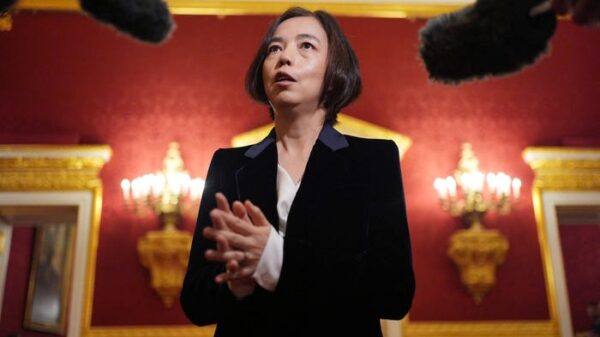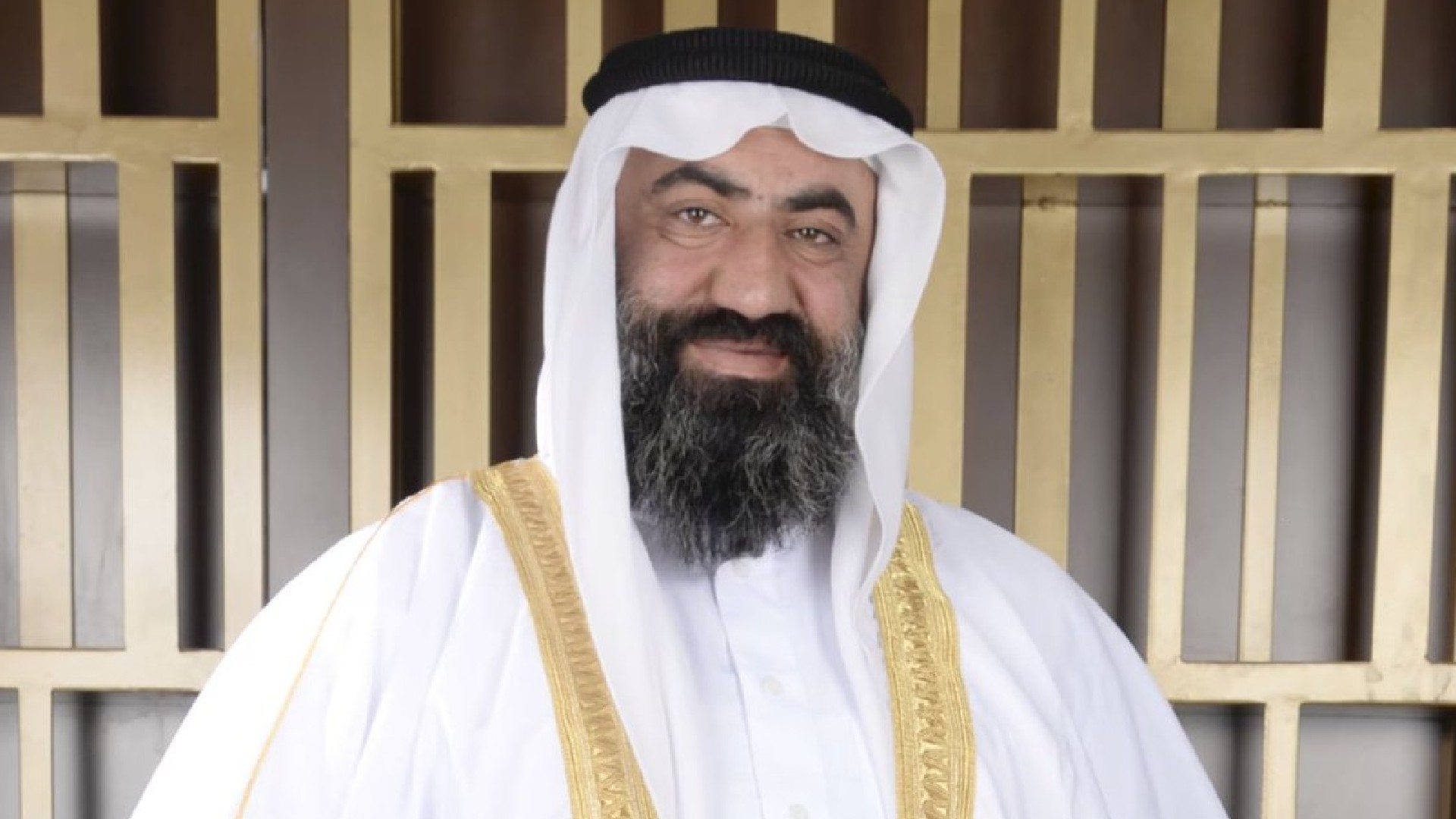Palestinian residents of Hebron in the occupied West Bank have vehemently rejected a controversial proposal by five self-proclaimed local “sheikhs” to cut ties with the Palestinian Authority (PA) and establish an “emirate of Hebron” that would recognize the state of Israel. The proposal, which has sparked widespread outrage, was detailed in a Wall Street Journal article that reported on a letter sent to Israeli Economy Minister Nir Barkat.
The letter, allegedly penned by these “sheikhs,” expressed support for Israel as a Jewish state and suggested the creation of an Israeli-West Bank industrial zone. It further pledged “zero tolerance” for “terrorism by Palestinian workers,” a stance that starkly contrasts with longstanding Palestinian positions.
According to the report, the initiative was led by Wadee’ al-Jaabari, whom local residents and political leaders claim is unknown to them. The proposal was reportedly backed by “four other leading Hebron sheikhs,” although their identities remain unverified.
Local Outrage and Denial
Residents of Hebron, including members of Jaabari’s extended family, have roundly condemned the proposal, asserting that its authors do not represent the community. Hebron-based activist and journalist Issa Amro dismissed the proposal and its authors as “complete fabrications.”
“The so-called ‘Hebron sheikhs’ in this WSJ piece are complete fabrications – anonymous figures with zero political presence, social standing, family ties, and community recognition,” Amro told Middle East Eye.
Amro further criticized the report, stating, “This isn’t journalism – it’s inventing Palestinian ‘leaders’ to fit an artificial narrative while real Hebronites endure occupation.”
Political and Familial Denunciations
Local political figures expressed surprise at the report, noting that the authors of the letter wield no real influence in Hebron. They pointed out that Jaabari, one of the purported leaders, actually resides in Jerusalem.
In a statement, Jaabari’s family denounced the plan, emphasizing that it “in no way represents the position of our respected family and does not reflect the will of its members.”
“The Jaabari family has always been – and remains – part of the Palestinian national fabric, justly struggling for freedom and independence. We reject all attempts to normalize the occupation or grant it legitimacy,” the family declared.
The family further told Haaretz that Jaabari “is known for his ties to settlers and Israeli institutions, which primarily serve his personal and business interests,” adding that his initiative enjoys “no public support.”
Media Criticism and Broader Implications
In a post on X, Amro criticized the Wall Street Journal report for lacking verifiable sources and ignoring established power structures, suggesting it constitutes “either shockingly poor journalism or deliberate misinformation.”
“At a time when Hebron faces very real challenges – from expanding settlements to military closures – this fictional narrative does a grave disservice to readers and Palestinians alike,” Amro stated.
This development comes amid ongoing tensions in the region, where Hebron remains a focal point of Israeli-Palestinian conflict. The city’s significance is underscored by its historical and religious importance, as well as its role in the broader geopolitical landscape.
Historical Context and Future Outlook
The proposal to recognize Israel and establish an independent emirate marks a significant departure from traditional Palestinian positions, which have historically rejected normalization with Israel absent a comprehensive peace agreement. The Palestinian Authority, which governs parts of the West Bank, has consistently opposed unilateral moves that could undermine its authority or the broader Palestinian national cause.
Experts note that such proposals, though lacking in genuine support, can complicate diplomatic efforts and exacerbate internal divisions. The international community continues to call for renewed negotiations aimed at achieving a two-state solution, a goal that remains elusive amid ongoing tensions and settlement expansions.
As Hebron residents and political leaders continue to denounce the proposal, the focus remains on addressing the pressing challenges facing the city and its inhabitants. The broader implications of this controversy highlight the complex dynamics at play in the Israeli-Palestinian conflict and the need for careful navigation of the region’s intricate political landscape.





































































